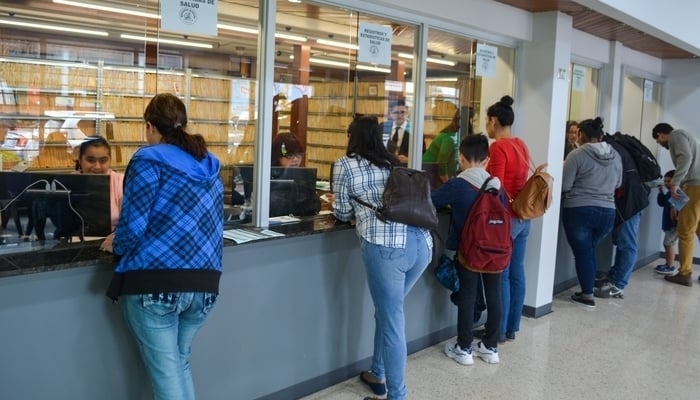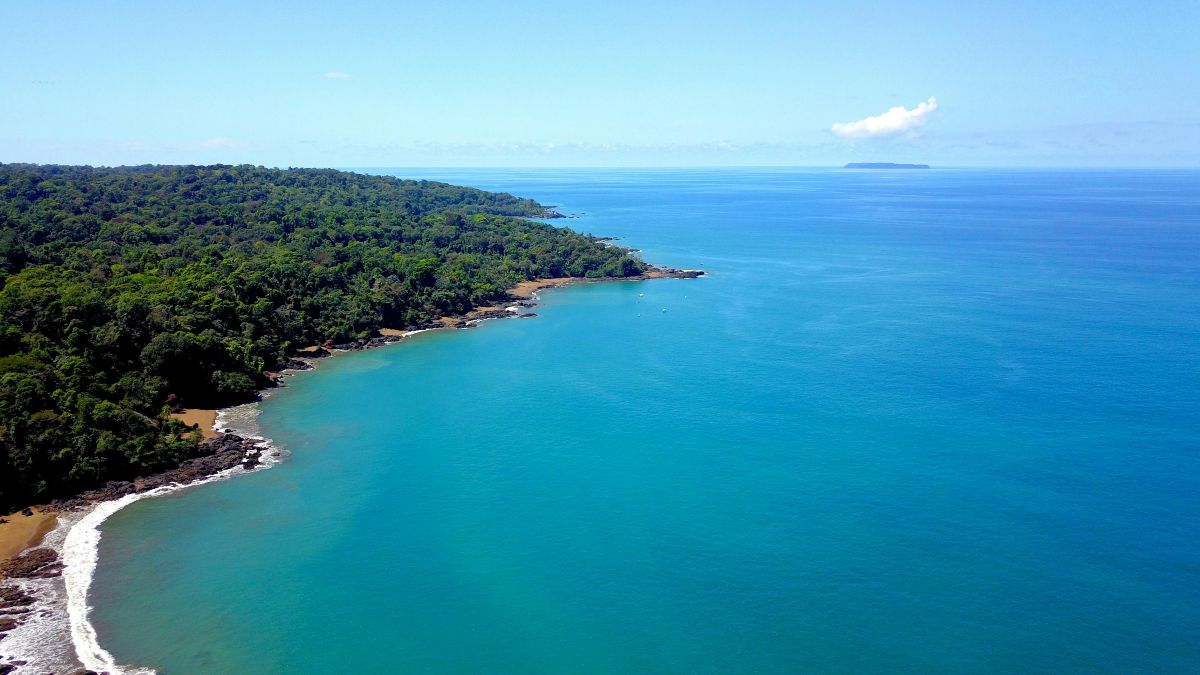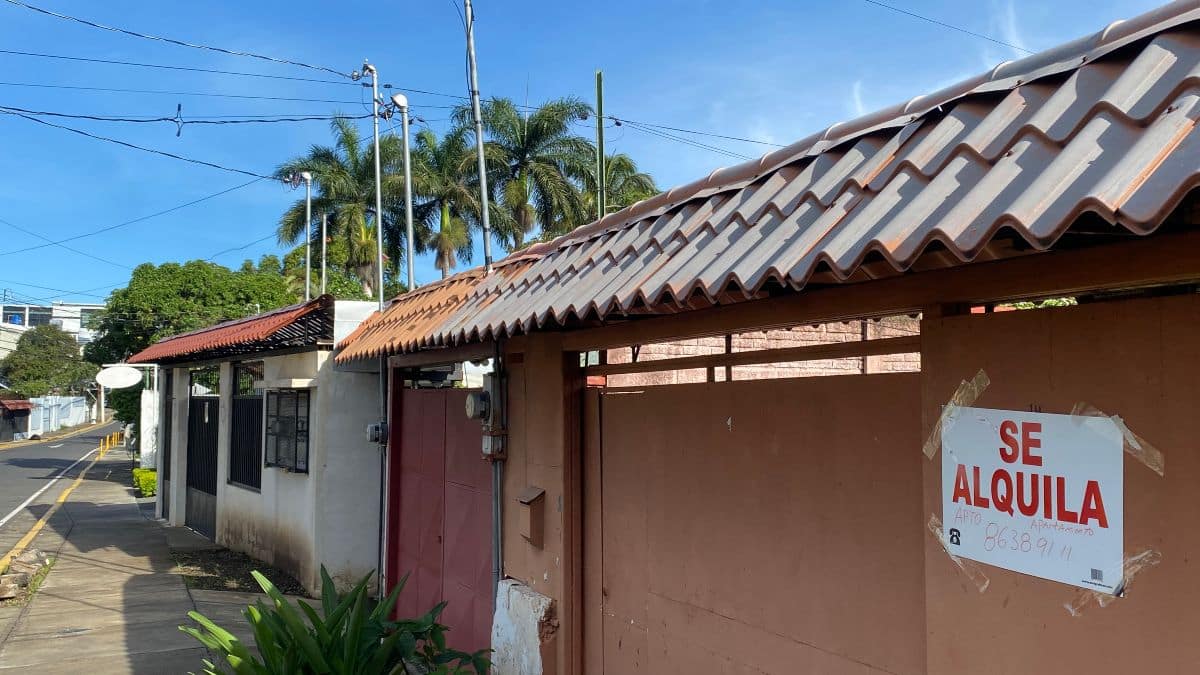If you’re struggling with your Costa Rica Caja payments, you’re not alone. The pandemic has increased the amount of individuals and businesses defaulting on their payments by 16%. But a new bill under consideration in the legislature might offer some relief.
A bill to assist Caja defaulters is nearing a first vote in the National Assembly, according to Costa Rican newspaper La Republica.
If passed, it would give amnesty to independent workers, insured volunteers, and companies who’ve fallen behind with their payments.
The Caja, for those who don’t know, or don’t live in Costa Rica, is the common name given to the monthly social security payment to the CCSS (Caja Costariccense de Seguro Social). All employees pay into the Caja, splitting their payment with the company they work for. Independent and “voluntary” workers (the self-employed, etc.) pay their own Caja direct.
In return, the employee/worker receives access to Costa Rica’s social security system (healthcare and pension).
Foreign residents in Costa Rica also pay into the Caja to receive healthcare.
Morosos con la Caja no pagarían multas ni intereseshttps://t.co/vtIWZocUnA pic.twitter.com/lwASSLyOmS
— Esteban Arrieta (@earrietaLR) November 17, 2020
Under the bill, proposed by PUSC Diputado María Inés Solís, defaulters can negotiate a payment plan with the Caja.
This plan would allow the defaulters to pay what they owe in a year, or arrange a five-year-payment plan. In return, the Caja wouldn’t charge penalties or interest, and the defaulter would still have access to the health system.
The plan would cover outstanding Caja debts for the last four years.
“This flexibility will allow those who have debts with the Caja to get up to date on their payments and continue using our social security services,” said Solis.
“It will also help the Caja recover much-needed resources during the current health and financial crisis.”
Esta flexibilidad permitirá que quienes tengan deudas con la Caja, se pongan al día en sus obligaciones y continúen utilizando los servicios de nuestra seguridad social. Por otra parte, servirá para que la Caja recupere recursos tan necesarios, 1/2https://t.co/2LtsGCFNPL
— María Inés Solís (@misolisq) November 17, 2020
The hope is, that by providing breathing space to businesses who owe to the Caja, it might create jobs by encouraging them to start hiring again.
Official unemployment in Costa Rica hovers at around 24%, the highest in history. Costa Rica has lost a massive amount of jobs this year. At the same time, companies and workers find it increasingly difficult to pay their monthly Caja fees.
The COVID-19 pandemic has increased the number of people/businesses defaulting on their payments by 16% between March and July.
The loss of contributions from hotels and restaurants alone amounts to around two billion colones (about $3.3 million), money the Caja needs. The thinking is, it’s better for them to receive it through a plan than lose it all together.
“During these months of Covid-19 pandemic, we’ve seen a considerable increase in arrears due to worker-employer contributions in all economic activities, due to the current situation in our country. This has caused a decrease significant company cash flow, which makes it difficult to pay social security contributions,” said José Rojas, director of payments at the Caja.
Why is no-one talking about a Chilean study putting Costa Rica second in the world for percentage of jobs lost? Are we immune to bad news in 2020? Or are our heads still stuck in the sand?#DespiertaCostaRica https://t.co/Y7E8UxhA3r
— CentralAmericaLiving (@VidaAmerica) September 25, 2020
This idea isn’t the only one under consideration to encourage job growth in Costa Rica. Other initiatives include:
- Updating labor law to create 12-hour workdays in return for three days off.
- Creating a national strategy to improve the skills of the unemployed.
- Encouraging entrepreneurship.
- Integrating rural areas to technology.
- Conducting prospecting studies to determine medium and long-term job needs in Costa Rica.
- Reducing energy and gasoline costs.
Anther initiative on the table is a plan to make Costa Rica more attractive for remote workers from abroad.
Although this wouldn’t create direct employment, it might well end up attracting foreign tech companies to Costa Rica. These companies would then hire local people.
This article was adapted from the original in Spanish by Esteban Arrieta in La Republica on Tuesday, November 17, 2020.
James Dyde is the editor of www.centralamerica.com. He lives in Escazu, Costa Rica.




